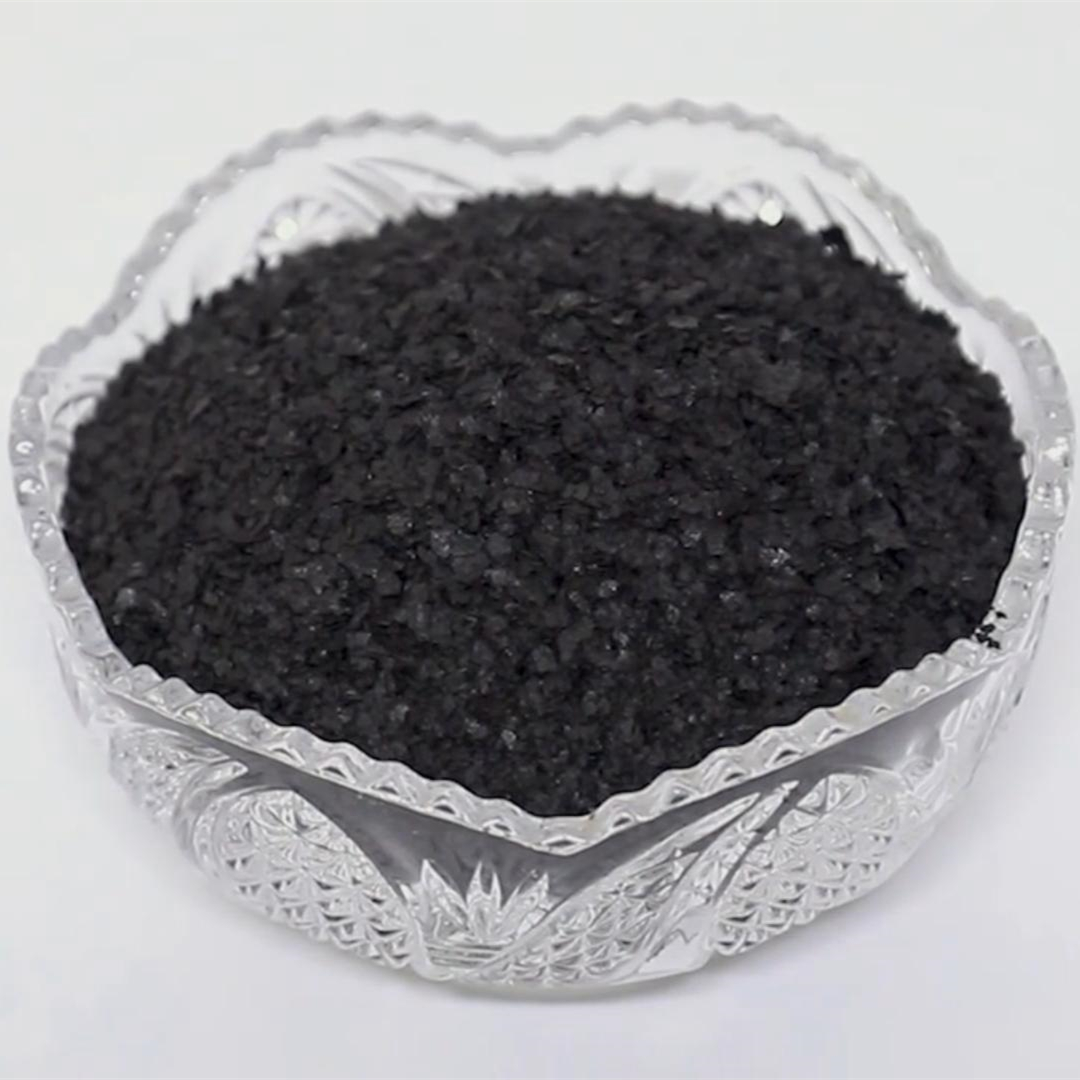
Nov . 11, 2024 05:09 Back to list
Ammonium Sulfate Fertilizer for Wheat Producers and Manufacturers Globally
The Importance of Ammonium Sulfate Fertilizer for Wheat Production
Wheat is one of the most important staple food crops across the globe, serving as a fundamental source of nutrition for billions of people. As the demand for wheat continues to rise, driven by population growth and changing dietary trends, the agricultural sector is under increasing pressure to enhance wheat production. Among various agricultural practices, the use of fertilizers plays a pivotal role in improving crop yields. One widely utilized fertilizer is ammonium sulfate, which offers a range of benefits tailored for wheat cultivation.
What is Ammonium Sulfate?
Ammonium sulfate is an inorganic salt that consists of ammonium (NH4+) and sulfate (SO42-) ions. This compound is typically produced by neutralizing sulfuric acid with ammonia. It has been used as a fertilizer for many years, praised for its ability to supply essential nutrients to plants, particularly nitrogen and sulfur. The nitrogen component promotes vigorous plant growth, while sulfur aids in the production of vital amino acids and proteins.
Benefits of Ammonium Sulfate for Wheat
1. Enhanced Nitrogen Supply Nitrogen is a crucial nutrient for wheat as it directly influences protein synthesis, leaf growth, and overall crop health. Ammonium sulfate provides a readily available form of nitrogen that can be easily absorbed by wheat plants. This quick availability helps meet the high nitrogen demands during critical growth phases, such as tillering and grain filling.
2. Sulfur for Protein Quality In addition to nitrogen, sulfur plays a significant role in enhancing the protein content and quality of wheat grains. Ammonium sulfate supplies this essential nutrient, ensuring that wheat crops develop with sufficient levels of sulfur, leading to improved grain quality and better nutritional value.
3. Soil pH Management Ammonium sulfate has a slightly acidic effect when applied to the soil, which helps in managing soil pH levels. This is especially beneficial in alkaline soils, where wheat may struggle to absorb other nutrients effectively. By promoting an optimal pH level, ammonium sulfate facilitates better nutrient availability to plants.
ammonium sulfate fertilizer for wheat manufacturers

4. Improved Soil Structure The application of ammonium sulfate can enhance the physical properties of the soil, promoting better aeration and water retention. This is particularly vital for wheat, which requires adequate moisture levels, especially during drought conditions.
5. Cost-Effectiveness As one of the more affordable sources of nitrogen and sulfur, ammonium sulfate presents a cost-effective solution for farmers looking to maximize their wheat yields without incurring excessive expenses. Its availability and diverse application methods make it accessible for farmers around the world.
Best Practices for Application
To achieve optimal results with ammonium sulfate, farmers should consider several best practices
- Soil Testing Conducting soil tests to determine the existing nutrient levels and pH can help in formulating a tailored fertilizer application strategy. - Timing of Application Applying ammonium sulfate during the early growth stages of wheat can help maximize the uptake of nitrogen and sulfur. Split applications may also be beneficial during key growth periods to sustain nutrient availability. - Method of Application Ammonium sulfate can be applied either through broadcasting or banding methods. Banding the fertilizer near the seed during planting can enhance nutrient uptake right from the start.
Conclusion
In conclusion, ammonium sulfate fertilizer plays a crucial role in wheat production by providing essential nutrients that enhance both yield and grain quality. As farmers face the challenges of an ever-growing global population and the impacts of climate change on agricultural practices, the adoption of effective fertilizers like ammonium sulfate will be vital. By understanding its benefits and implementing best application practices, farmers can optimize their wheat production and contribute to global food security. Embracing ammonium sulfate in fertilization strategies will not only support agricultural productivity but also ensure the sustainability of wheat farming for future generations.
-
10 10 10 Fertilizer Organic—Balanced NPK for All Plants
NewsJul.30,2025
-
Premium 10 10 10 Fertilizer Organic for Balanced Plant Growth
NewsJul.29,2025
-
Premium 10 10 10 Fertilizer Organic for Balanced Plant Growth
NewsJul.29,2025
-
Premium 10 10 10 Fertilizer Organic for Balanced Plant Growth
NewsJul.29,2025
-
50 Pound Bags of 13-13-13 Fertilizer for All Plants – Bulk & Organic Options
NewsJul.28,2025
-
High-Efficiency 15-30-15 Granular Fertilizer for Healthy Crops
NewsJul.28,2025
